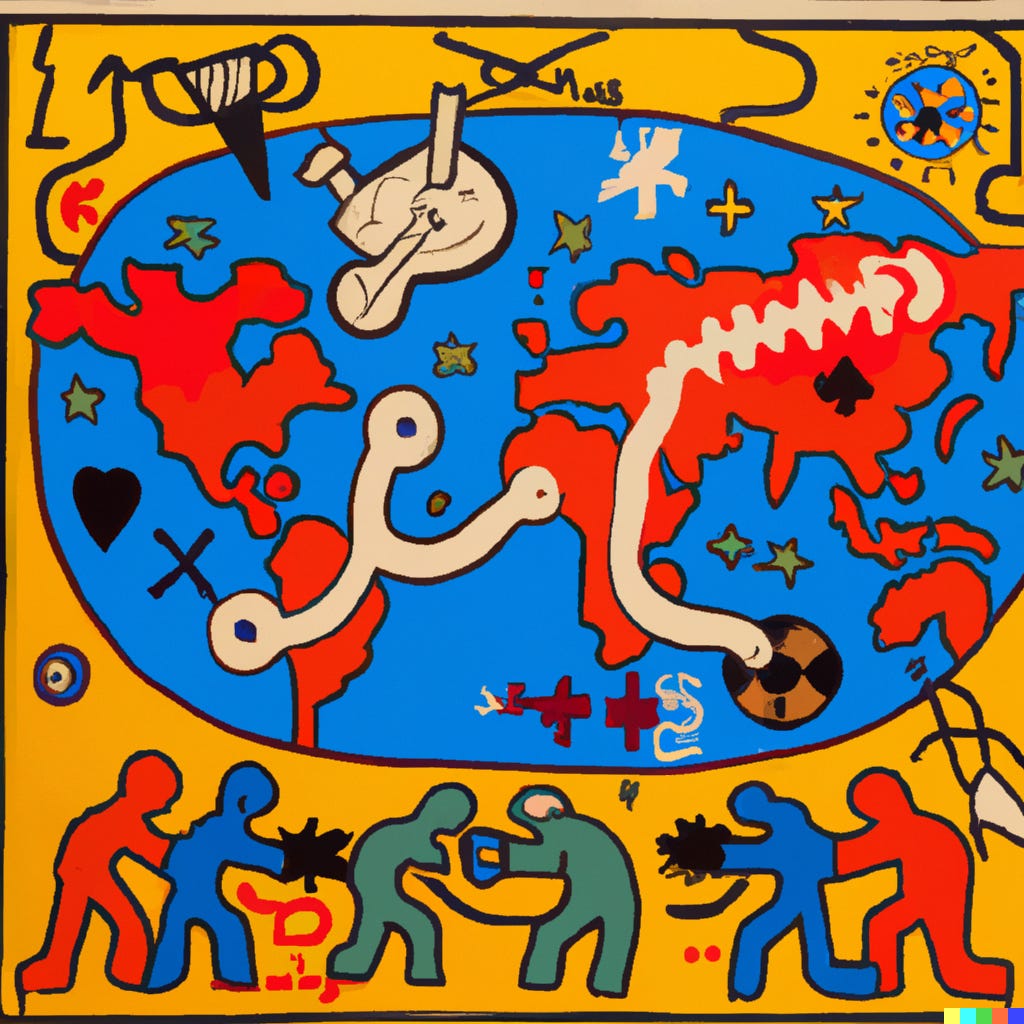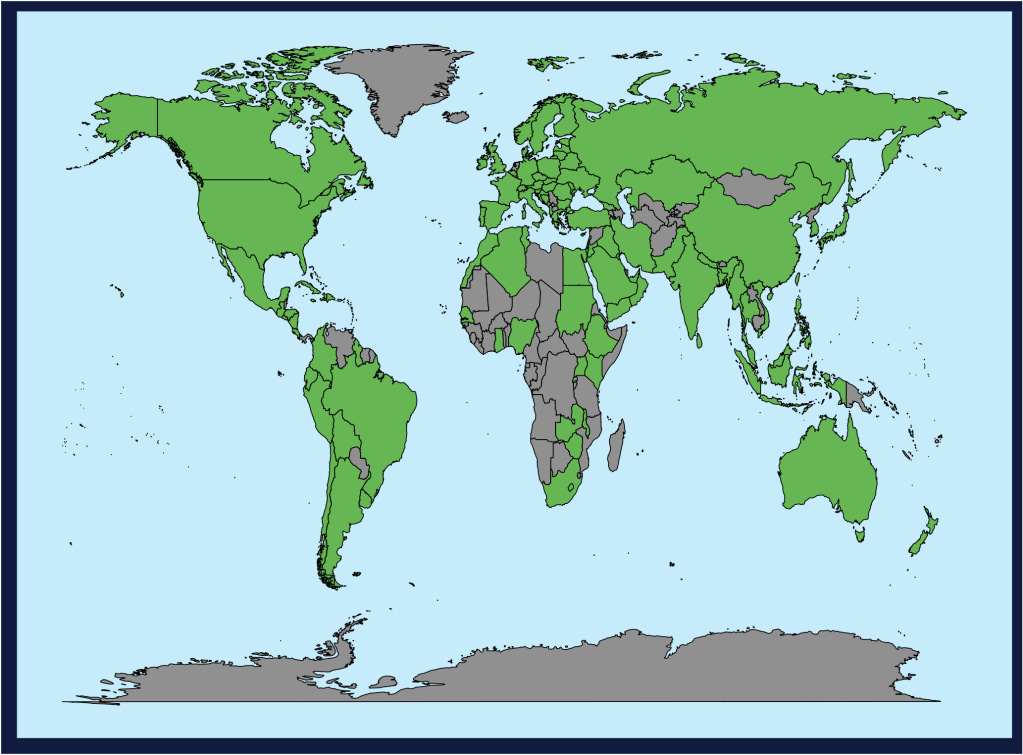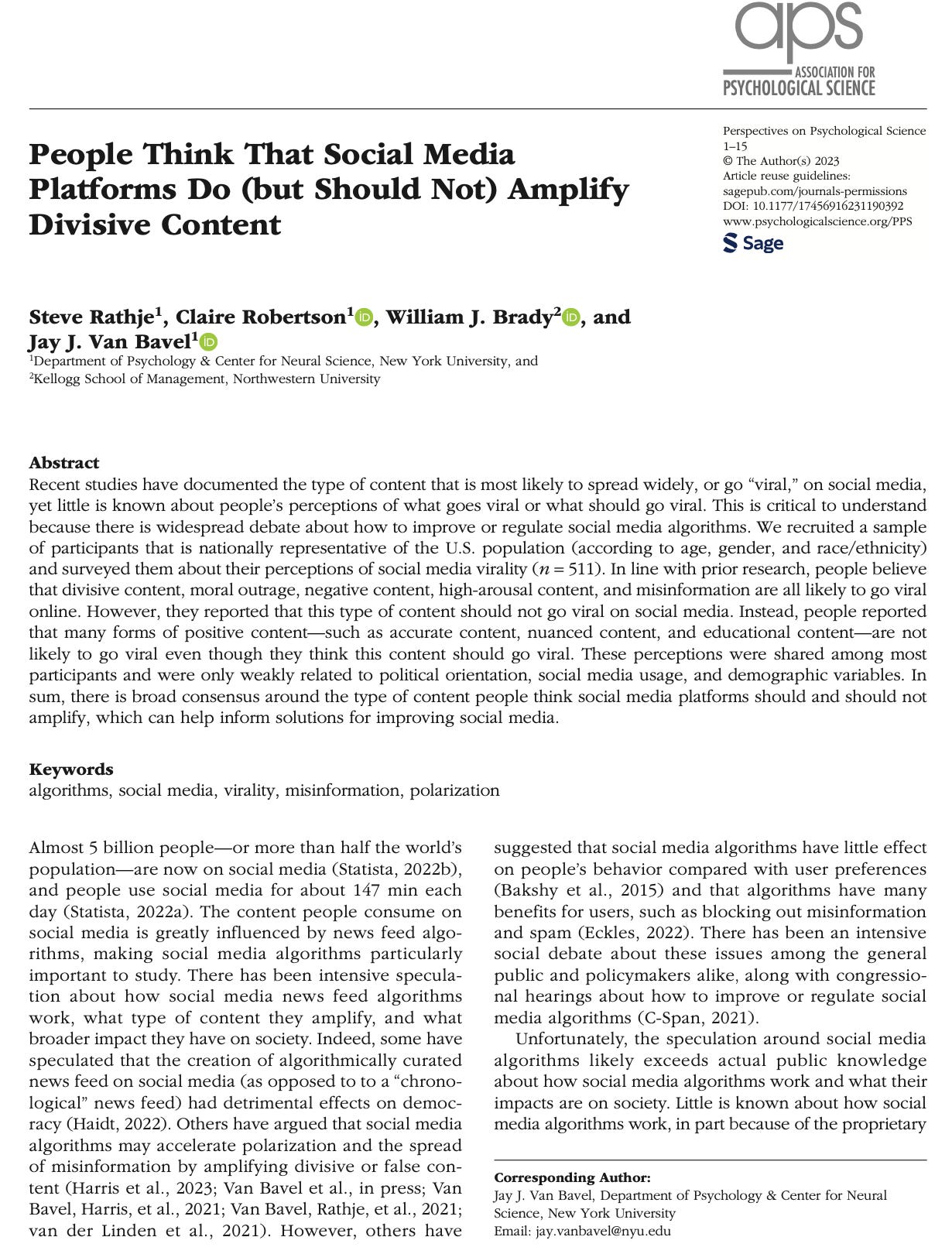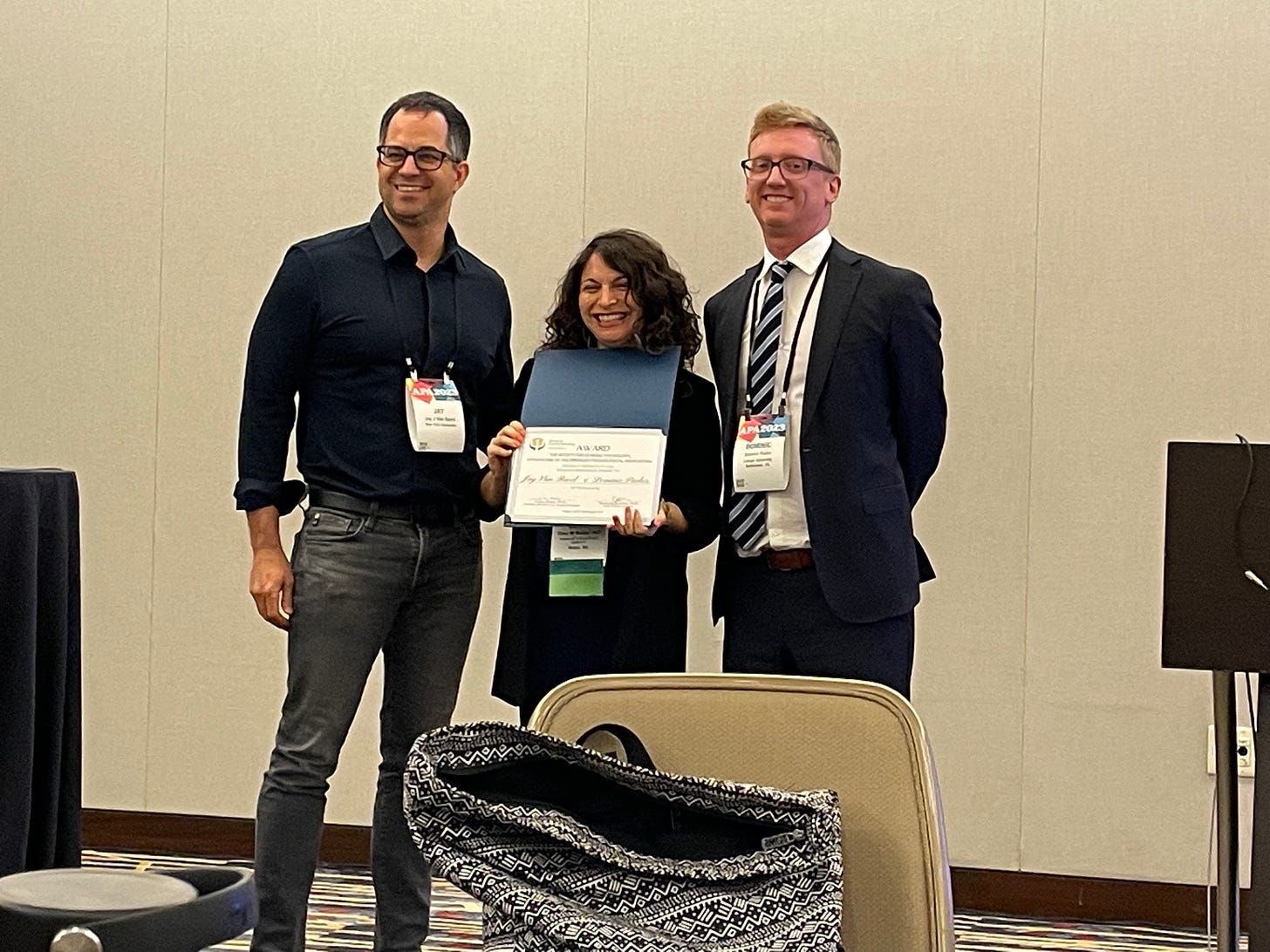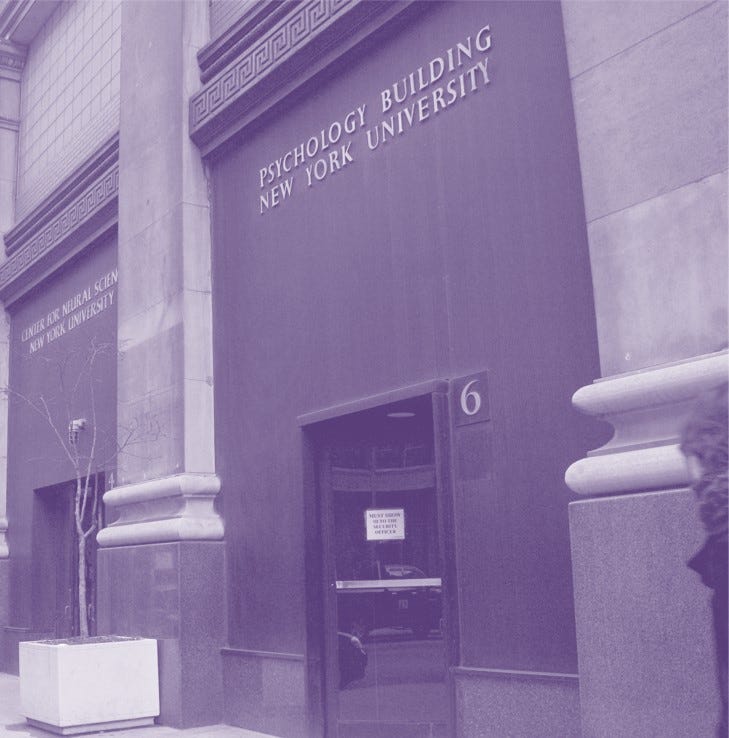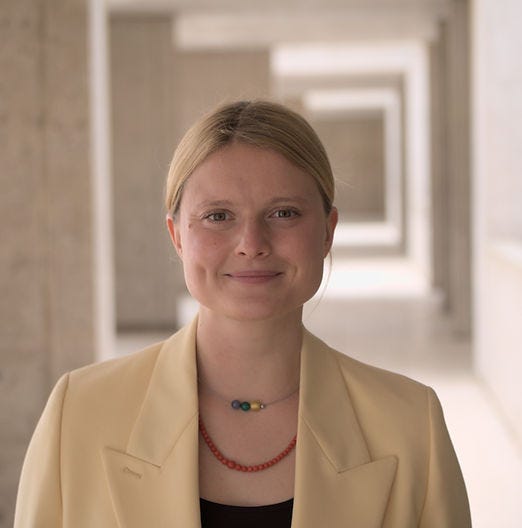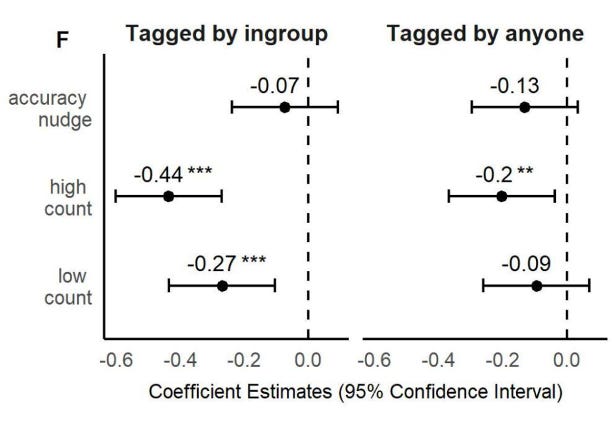Introducing the Center for Conflict and Cooperation at New York University
We are launching a new Center at New York University to conduct and coordinate global, large-scale research on intergroup relations
Polarization continues to rise in many parts of the world, fueled by many factors, including: the proliferation of social media, populist movements, inequality, and growing threats to democracy. Therefore, it is important to study the causes and consequences of ethnic, religious, and political polarization, as well as to identify and implement effective interventions to reduce it. Only by understanding and addressing this issue can we hope to promote more constructive and inclusive discourse, maintain individual rights, and foster a more peaceful and prosperous world.
This project, led by the Social Identity & Morality Lab, aims to establish a Center at New York University to conduct and coordinate global, large-scale research on this topic while sharing these results with other scholars and the public.
The project team envisions the CENTER FOR CONFLICT & COOPERATION as a global hub that coordinates massive collaborative research with scientists around the world interested in topics related to social identity, morality, polarization, and social media. Thus far, the lab has organized global collaborations with research teams in over 60 countries on COVID-19, Climate Change, and Social Media.
The Center will bring together scholars and methods from a variety of fields, including psychology, political science, and sociology, to conduct both basic and applied research on the topic. You can subscribe to this newsletter for future announcements about projects—including the opportunity to collaborate.
Image from DALL-E of the Center for Conflict & Cooperation
The Center's research agenda will focus on several key research approaches:
The Center will study the social, psychological, technological, and economic factors that drive individuals and groups to engage in polarization and intergroup conflict, support ideological extremism, spread misinformation, and threaten public health.
The Center will examine ways to reduce the impact of intergroup conflict on various aspects of society, while building trust, increasing cooperation, and fostering inclusive identities.
The Center will support scalable interventions to reduce intergroup conflict, by crowdsourcing and testing ideas from a large pool of global collaborators.
This project is funded by a grant from the Templeton World Charity Foundation.
Our current global project will testing the causal impact of social media on polarization around the globe (a project that is also funded by the Templeton World Charity Foundation). You can learn more at our project website: globalsocialmediastudy.com
Research on the impact of social media on polarization has primarily focused on the US and UK. However, recent evidence suggests that the effects of social media on polarization may differ significantly in other countries. To help build a model of the various social and cultural processes driving polarization around the world, research is needed to explore the interaction between online and offline social networks, cultural and political contexts, and their role in polarization across different countries.
Our project, led by Steve Rathje, Claire Robertson, Nejla Asmovic, Jay Van Bavel and Joshua Tucker, aims to address this gap. We will collaborate with a team of hundreds of researchers across multiple contintents to conduct a cross-cultural field experiment in which participants are incentivized to temporarily deactivate their social media accounts for 2 weeks.
On March 27, 2023, we sent out a call for collaborators to help us conduct this global field experiment. Over 640 researchers residing in 76 countries have responded to our call for collaborators, and we aim to collect data in 103 countries (shown in green in the map below)!
Our team plans to:
Measure how this social media deactivation impacts affective polarization (e.g., animosity toward one’s out-group).
Examine both affective polarization toward opposing political parties, as well as polarization toward other out-groups (e.g., ethnic polarization), which are both included in TWCF’s definition of polarization.
Examine whether the effects of Facebook cessation are moderated by a number of country-level variables (such as the strength of a country’s democracy, whether a country has a two-party or multi-party system).
The project will also examine various variables, including individual differences, offline social networks, and country-level factors, to determine their predictive power in understanding polarization in a global context. We will compare these findings with predictions from social media researchers and laypeople to evaluate existing beliefs about polarization. The dataset from this project, which will include a comprehensive list of translated measures of affective polarization in many countries, will be shared on the Open Science Framework so that other researchers can further study polarization in many cultural contexts.
New Papers & Preprints
We have a new paper finding that people think that social media platforms do (but should not) amplify divisive content. This paper, led by Steve Rathje, Claire Robertson, William Brady, and Jay, was published in Perspectives in Psychological Science this month.
We found consensus across the political spectrum and demographic groups about the type of content that social media platforms should amplify. People believe that divisive content, moral outrage, negativity, arousing content, and misinformation are all likely to go viral online. However, most people say this type of content should not go viral. Instead, they want platforms to amplify positive content—such as accurate content, nuanced information, and educational content.
We also have a new preprint that was published last month describing what parts of the brain seem to be activated during certain kinds of judgements, led by Clara Pretus, Jillian Swencionis, Yifei Pei, Luis Marcos Vidal, Ingrid Johnsen Haas, Dominic Packer, William A. Cunningham, and Jay Van Bavel. People generally use at least three types of judgements to determine if something is good or bad: pragmatic (how costly or beneficial something is), moral (whether it fits in with certain moral norms), and hedonic (whether it feels good). This paper took a look at the underlying neuroscience of these judgements to see if it could shed light on how people make these decisions, and found support for a hybrid evaluation system. A core set of brain regions (including the amygdala, insula, and hippocampus) make all three types of moral judgements, but additional brain areas are recruited for each type as well. Specifically, moral evaluations had greater neural activity in the orbitofrontal and cingulate cortex when compared to pragmatic evaluations, and had greater activation in the temporoparietal regions when compared to hedonic evaluations.
You can read the entire preprint here: https://psyarxiv.com/esby8/
News & Announcements
This month, Jay attended the American Psychological Association annual convention in Washington, DC where he received the William James Book Award for his book with Dominic Packer—THE POWER OF US. “The William James Award is intended to honor and publicize a recent book published within the last two years that brings together diverse subfields of psychology and related disciplines. This work should provide a creative synthesis of theory, fact and themes that serve to unify or integrate the field.” The wrote about the book award and conference here.
JOIN US! We’re planning to admit a PhD student this cycle to join the lab in Fall 2024. If you want to learn more about our current research and NYU's admissions process, you can check out this document on Jay's lab website (it provides tips for applying, the current lab research, our mentoring philosophy, and the career trajectory of previous lab members). NYU’s Department of Psychology also has a comprehensive open house, where we invite prospective students to join us for two days to learn about the Social Psychology Program and the culture of each lab.
We are excited to announce that Laura K. Globig will be joining us in March! She will be receiving her PhD from University College London and is a visiting scholar at Massachusetts Institute of Technology. Her research examines the neural and computational basis of motivated cognition, with the goal of applying the insights obtained from this work to design interventions that reduce biased information-processing and thus aid in reducing the spread of misinformation online. At the Social Identity and Morality Lab, she will continue to adopt a multi-modal approach to help address real world issues, such as the spread of misinformation, polarization, and climate change. Please join us in welcoming Laura!
In other exciting news, lab member Claire Robertson got married in Falmouth, MA this month to Jake McNichol! A bunch of us were invited to the wedding and danced the night away. Between songs, we managed to get a snapshot of some current and former lab members. We are wishing Claire & Jake the absolute best in the years to come!
As always, if you have any photos, news, or research you’d like to have included in this newsletter, please reach out to our Lab Manager Sarah (nyu.vanbavel.lab@gmail.com) who writes our monthly newsletter. We encourage former lab members and collaborators to share exciting career updates or job opportunities—we’d love to hear what you’re up to and help sustain a flourishing lab community. Please also drop comments below about anything you like about the newsletter or would like us to add.
In case you missed it, here was our newsletter from last month:
That’s all, folks—thanks for reading and we’ll see you next month!




